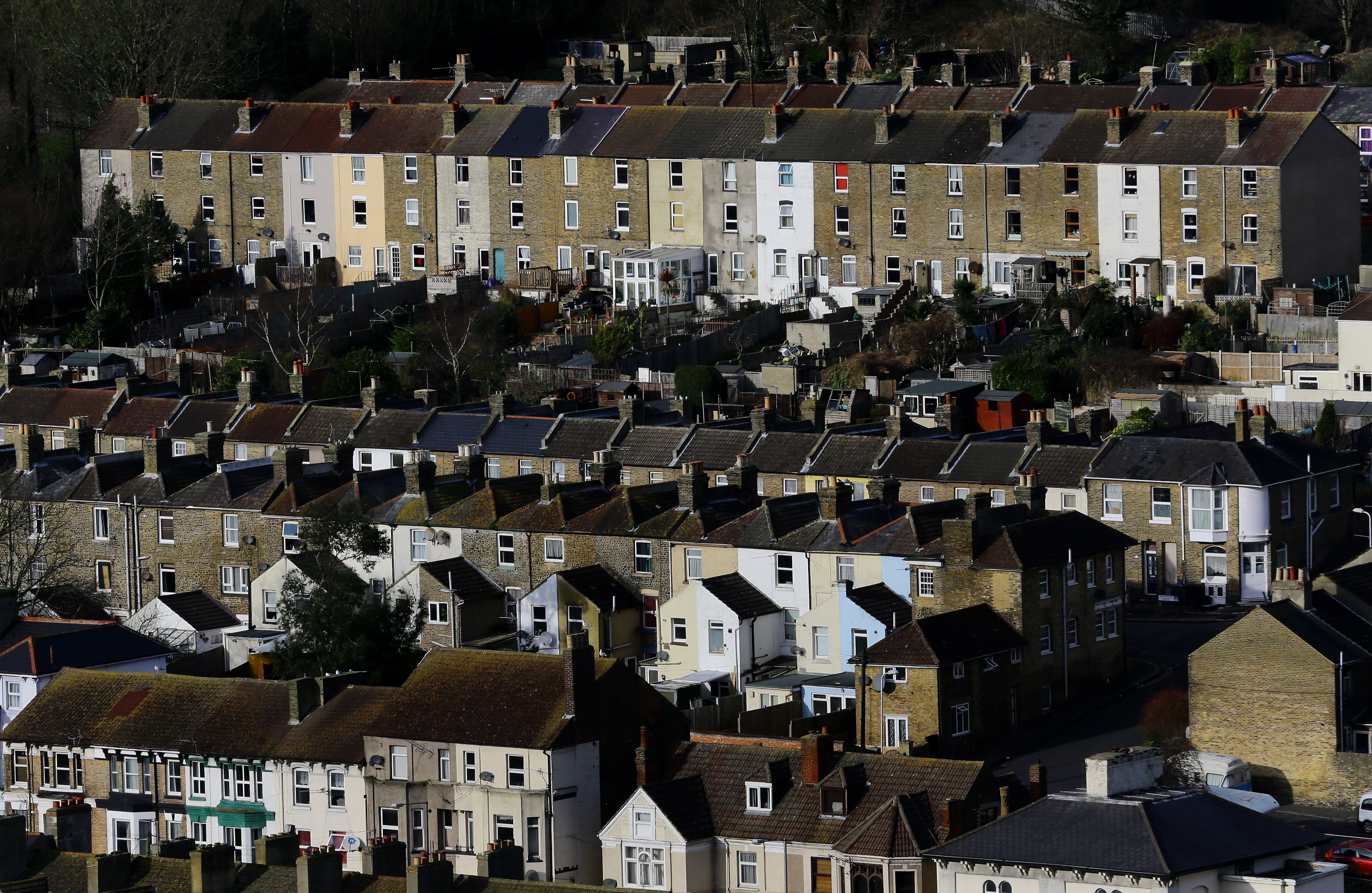Wages are failing to keep pace with the rising cost of living – households should prepare for the worst
While it might be good news that the employment market has recovered, in general economic terms there’s little room for cheer in 2022, writes Anna Isaac


The squeeze on British living standards has deepened – with official figures showing that basic pay is being outstripped by rising prices.
Disregarding bonuses, and factoring in inflation – the pace at which prices rise in the economy – show that wages fell by 1 per cent year-on-year in the three months to January, according to the Office for National Statistics (ONS).
Meanwhile, inflation is set to rise further in the months ahead, with the energy price cap in April set to rise by more than 50 per cent, and a National Insurance tax rise of around 10 per cent.
Government support is only set to ease about a fifth of the rise in household energy bills, according to the Institute for Fiscal Studies (IFS). The pressure on household budgets, particularly those with significant debt or high energy usage, is going to be intense in the coming months.
Put simply: there is much worse to come. As Nye Cominetti, a senior economist at the Resolution Foundation, says the surge in inflation “will wipe out any wage gains in 2022”.
“Britain’s real pay squeeze, which started as far back as summer 2021, will get deeper in 2022, and is unlikely to end until summer 2023,” he adds.
Some economists expect policymakers at the Bank of England to try to cool the pace of inflation and raise its key interest rate this week, from 0.5 per cent to 0.75 per cent.
The good news about a fall in unemployment to near pre-Covid pandemic levels might not actually be very helpful, either. That’s largely as it is not coming alongside broader economic wins like high growth in productivity - the output of a worker per hour.
The problem for the central bank is that prices are rising at a relatively quick pace, while unemployment is also falling and there is not a big pool of extra workers to draw on.
This could add to fears that, with workers in short supply and employers eager to hold onto them, wages will rise which could in turn end up feeding inflation further. Economists term this a wage-price-spiral.
In a bid to avoid such a situation, Andrew Bailey, governor of the central bank, got himself into hot water by asking workers not to request a pay rise in the coming months. Something people juggling budgets might understandably be upset by.
But there was a reason behind the message: if wages do rise, as Bailey and other policymakers fear, then they may have further increase interest rates, according to Paul Dales, chief UK economist at Capital Economics.
“Overall, the tight labour market will fuel the Bank of England’s fears that high inflation is feeding through into a rise in wage growth that will feed back into inflation. We think the Bank may have to raise interest rates to 2.00 per cent next year to stamp down on rising price/wage expectations,” he says, in a note to clients.
Higher interest rates will add to the financial crunch for consumers and businesses who may be juggling debts alongside real terms cuts to pay or profits.
So while it might be good news that the labour market has recovered, in general economic terms there’s little room for cheer in 2022.






Join our commenting forum
Join thought-provoking conversations, follow other Independent readers and see their replies
Comments